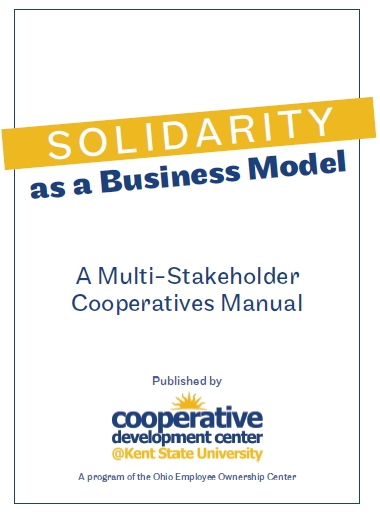Multi-stakeholder cooperatives (MSCs) are co-ops that formally allow for governance by representatives of two or more “stakeholder” groups within the same organization, including consumers, producers, workers, volunteers or general community supporters. Rather than being organized around a single class of members the way that most cooperatives are, multi-stakeholder cooperatives enjoy a heterogeneous membership base. The common mission that is the central organizing principle of a multi-stakeholder cooperative is also often more broad than the kind of mission statement needed to capture the interests of only a single stakeholder group, and will generally reflect the interdependence of interests of the multiple partners.
Multi-stakeholder cooperatives are the fastest growing type of co-op in Quebec, which itself is home to one of the most productive and vibrant cooperative development sectors in the world. There is also evidence of the increased use of this model in many European countries and growing interest in this form of co-op in the United States as well. While it is only in the last 20 years that this model has had formal legal recognition in various national or regional laws, the idea of involving a broader community in a cooperative venture is of course much older than that. Italy was the first country to adopt a multi-stakeholder statute in 1991 after two decades of experimentation on a local level.
In Europe and Canada, multi-stakeholder co-ops are typically formed to pursue primarily social objectives and are particularly (although by no means exclusively) strong in the areas of healthcare and social services. In the U.S,. sustainable food systems has been a particular area of interest for multistakeholder cooperative activity. This kind of multi-member cooperative venture can also be found in childcare, healthcare and brewing. Most multi-stakeholder cooperatives that have been formed in the U.S. are quite small, but in Quebec some are larger enterprises and in the U.S. one nonprofit corporation governed by multi-stakeholder model has revenues of several billion dollars.
Table of Content
- Introduction
- Balancing Interests
- Multi-Stakeholder Cooperatives in Practice
- Case Studies
- Research on Multi-Stakeholder Cooperatives
- Conclusion
Format
Theme





